The Best Compost For Your Garden In
Compost is a natural fertilizer that can improve the quality of your soil and help your plants grow healthier and stronger. It is made from decaying plant and animal matter, and it contains essential nutrients that plants need to thrive.
There are many different types of compost available, and the best type for your garden will depend on the type of plants you are growing and your local climate. In general, however, you should look for a compost that is high in organic matter and low in contaminants.
Here are a few of the best composts for gardens in 2023:
- Black Kow Organic Compost and Manure: This compost is made from a blend of cow manure and other organic materials. It is high in nitrogen and phosphorus, which are essential nutrients for plant growth. Black Kow Organic Compost and Manure is also a good source of beneficial microbes, which can help to improve the overall health of your soil.

- Michigan Peat Garden Compost and Manure Blend: This compost is made from a blend of peat moss, cow manure, and other organic materials. It is low in nitrogen and phosphorus, but it is high in organic matter and beneficial microbes. Michigan Peat Garden Compost and Manure Blend is a good choice for gardens that need to improve their drainage or water retention.

- Soil Blend Super Compost with Myco: This compost is made from a blend of organic materials that have been inoculated with beneficial mycorrhizal fungi. Mycorrhizae are beneficial fungi that form symbiotic relationships with plant roots. They help plants to absorb nutrients and water more efficiently, and they can also help to protect plants from pests and diseases. Soil Blend Super Compost with Myco is a good choice for gardens that need a boost of nutrients and disease resistance.

If you are not sure which type of compost is right for your garden, you can always ask a local nursery or garden center for advice. They can help you to choose a compost that is appropriate for your climate and the type of plants you are growing.
Once you have chosen a compost, you can add it to your garden soil in the fall or spring. You can also use compost to amend potting soil or to make your own compost tea. Compost tea is a liquid fertilizer that can be used to feed your plants.
Compost is a valuable addition to any garden. It can help to improve the quality of your soil, boost plant growth, and reduce your reliance on chemical fertilizers. By choosing the right type of compost for your garden, you can help to create a healthy and productive growing environment for your plants.
Are you looking for the best compost for your garden? Not sure where to start? Visit Home Gardening for more information. Our team of experts can help you choose the right compost for your specific needs. We offer a wide variety of composts, including organic, peat-free, and mushroom compost. We also have composts specifically designed for vegetable gardens, flower beds, and houseplants.
In addition to providing information about different types of compost, we also offer tips on how to use compost in your garden. We can help you determine how much compost to use, when to add it to your soil, and how to incorporate it into your planting beds.
We understand that choosing the right compost can be a daunting task. That's why we're here to help. Visit Home Gardening today and let our team of experts guide you through the process.
FAQ of best compost for garden
- What is the best compost for my garden?
The best compost for your garden will depend on the type of plants you are growing, the condition of your soil, and your budget. In general, a compost that is high in organic matter and nutrients is best for most gardens. Some good options include:
* Manure-based compost: This type of compost is rich in nitrogen and other nutrients, making it a good choice for vegetables and other heavy-feeding plants.
* Leaf mold: This type of compost is made from decaying leaves and other plant matter. It is high in carbon and helps to improve the drainage and aeration of your soil.
* Vermicompost: This type of compost is made from the waste of earthworms. It is very high in nutrients and beneficial microbes, making it a great choice for all types of plants.
- What are the benefits of using compost in my garden?
Compost has many benefits for gardens, including:
* Improves soil structure: Compost helps to loosen and aerate soil, making it easier for plants to grow.
* Increases nutrient availability: Compost provides plants with essential nutrients, such as nitrogen, phosphorus, and potassium.
* Improves water retention: Compost helps to improve the water-holding capacity of soil, which can help to reduce water loss during dry periods.
* Attracts beneficial insects: Compost attracts beneficial insects, such as earthworms and ladybugs, which help to control pests and diseases.
* Reduces the need for fertilizer: Compost can help to reduce the need for chemical fertilizers, which can save you money and protect the environment.
- How do I make compost at home?
Making compost at home is a great way to save money and reduce your environmental impact. Here are the basic steps involved:
1. Gather your materials. You will need a variety of organic materials, such as vegetable scraps, yard waste, and manure.
2. Build a compost pile or bin. You can make your own compost pile or bin, or you can purchase one from a garden center.
3. Add your materials to the compost pile or bin. Be sure to layer your materials with a mix of brown and green materials.
4. Turn your compost pile or bin regularly. This will help to aerate the compost and speed up the decomposition process.
5. Wait for your compost to finish. The composting process can take anywhere from a few months to a year, depending on the materials you use and the conditions in your area.
Image of best compost for garden
- Leaf compost is made from fallen leaves, which are a great source of nitrogen and other nutrients. It is a good choice for most plants, but it is especially beneficial for acid-loving plants like rhododendrons and blueberries.
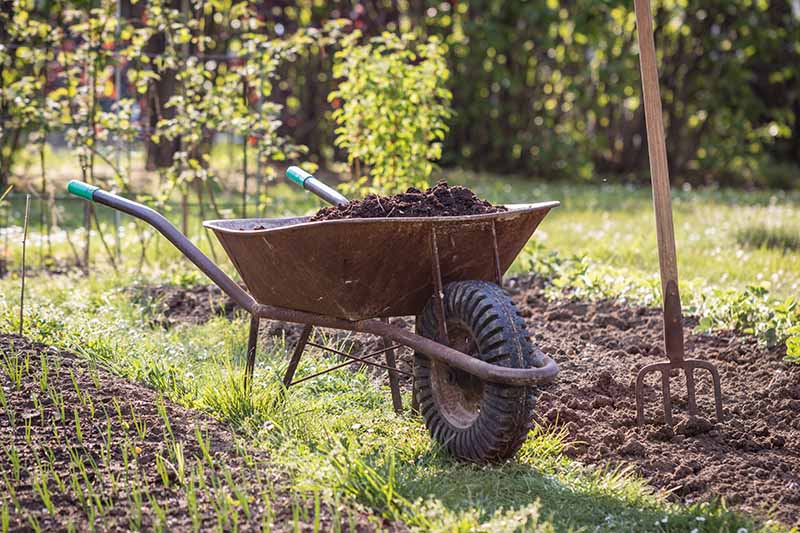
- Grass clippings compost is another good option for most plants. It is high in nitrogen and helps to loosen the soil.
- Fruit and vegetable scraps compost is a nutrient-rich compost that is perfect for feeding your plants. It is important to avoid adding any meat, dairy, or cooked food to your compost pile, as these can attract pests and rodents.

- Coffee grounds compost is a great way to use up your used coffee grounds. Coffee grounds are high in nitrogen and acidity, which can help to improve the drainage and aeration of your soil.
- Eggshell compost is another great way to recycle your waste. Eggshells are high in calcium, which is an important nutrient for plants.
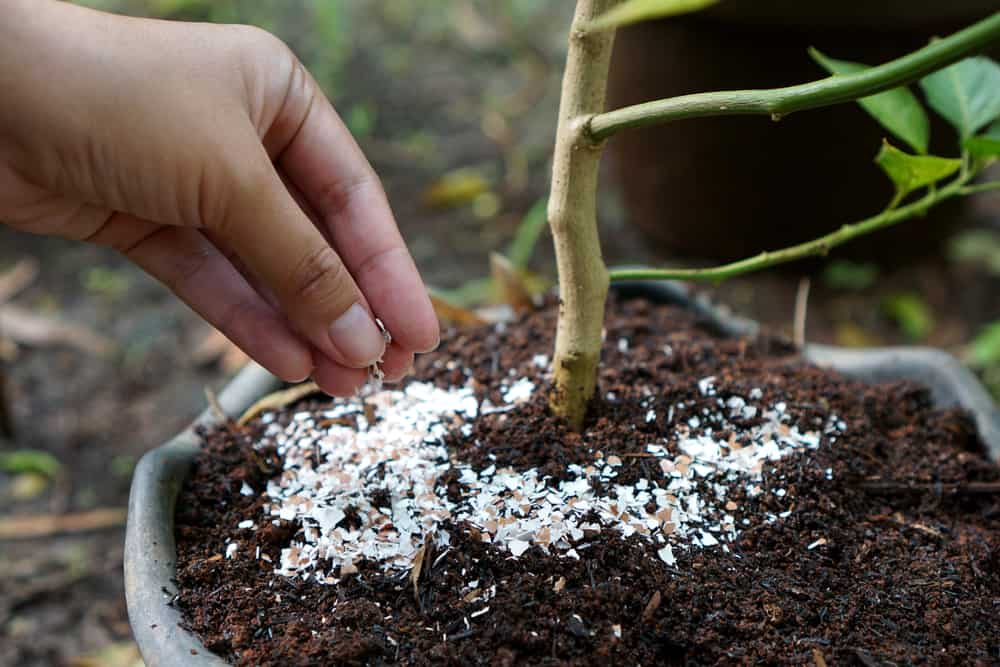
- Wood chips compost is a good choice for plants that prefer well-drained soil. Wood chips can help to improve the drainage and aeration of your soil, and they can also help to suppress weeds.
- Manure compost is a high-nitrogen compost that is perfect for feeding your plants. It is important to use manure that has been composted for at least 6 months, as fresh manure can contain harmful bacteria.
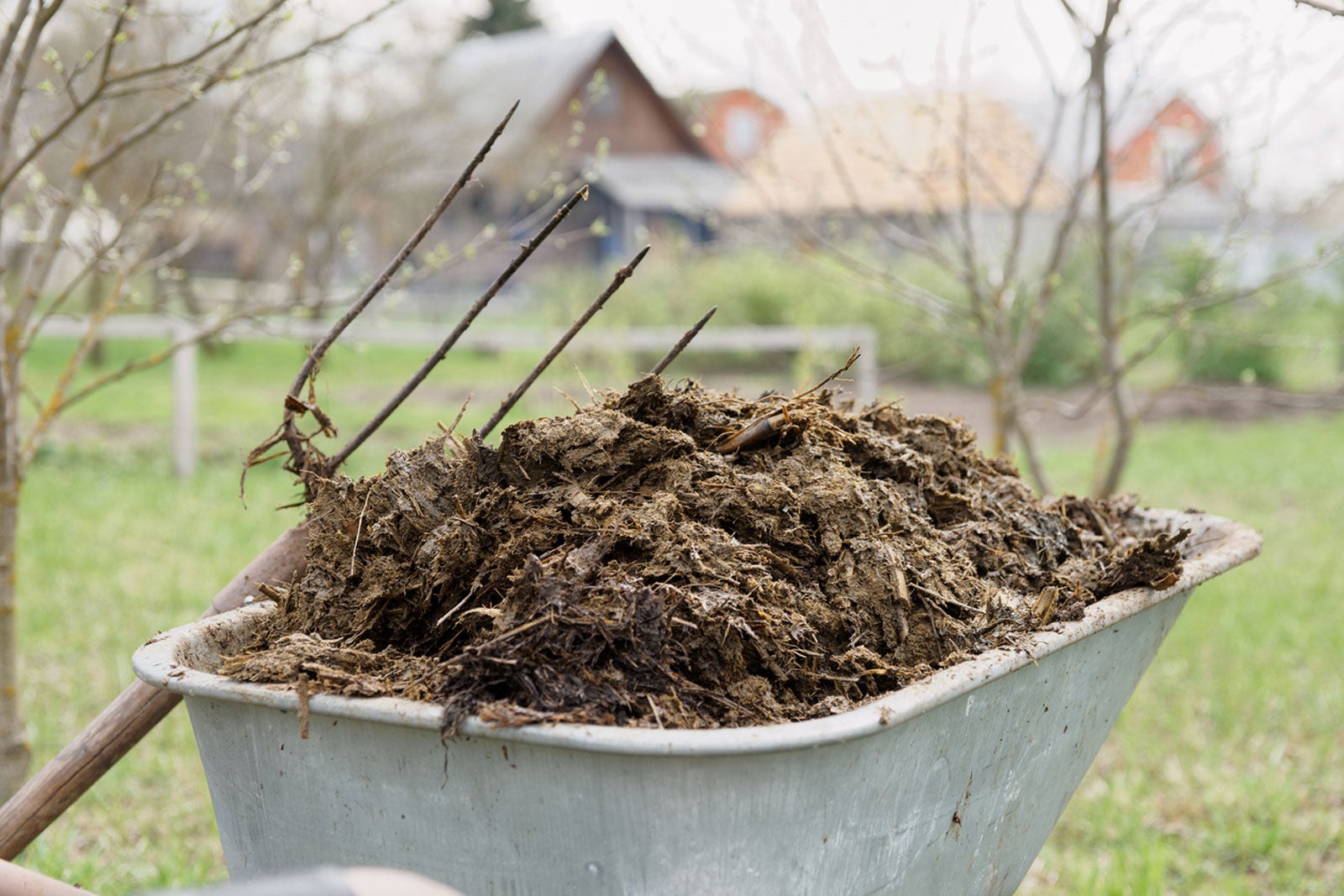
- Vermicompost is made from the waste of earthworms. It is a very nutrient-rich compost that is perfect for all types of plants.

- Bokashi compost is a type of fermented compost that is made from vegetable scraps and bran. It is a good choice for plants that are sensitive to nitrogen, such as tomatoes and peppers.
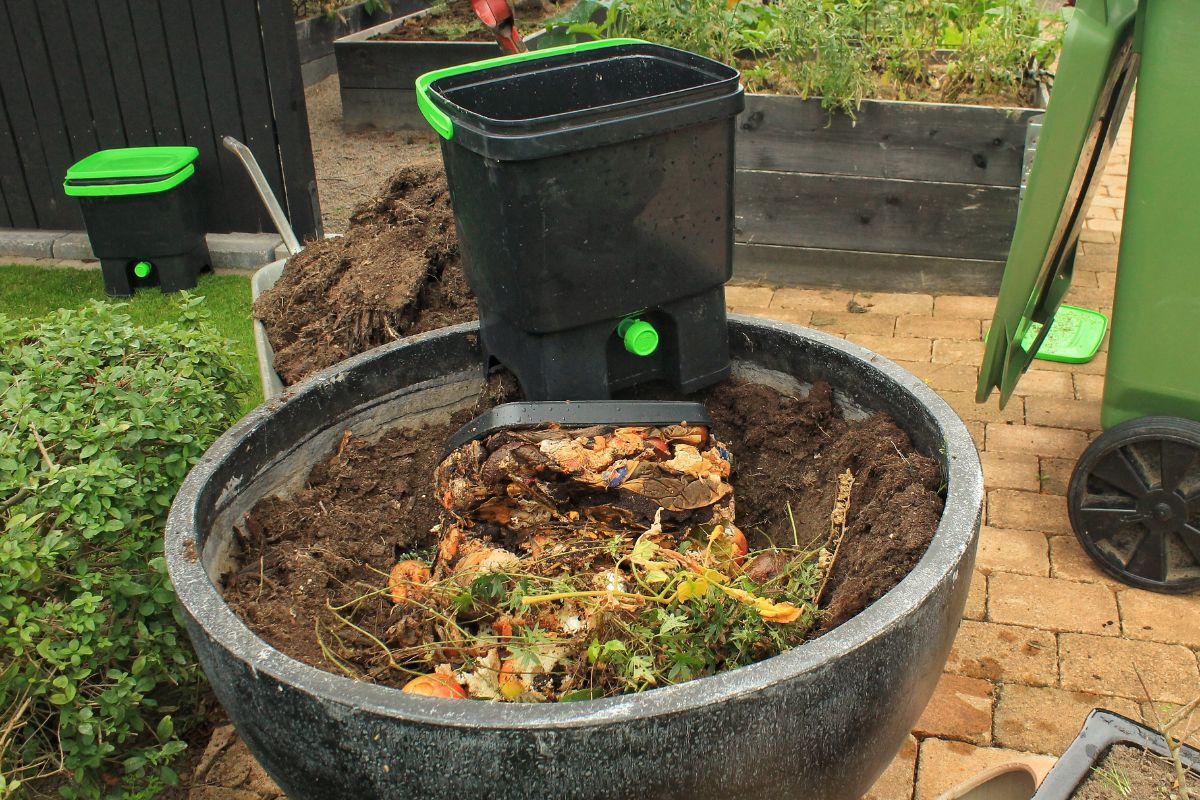
- Green waste compost is made from a variety of green materials, such as grass clippings, leaves, and vegetable scraps. It is a good choice for most plants, but it is especially beneficial for plants that prefer a high-nitrogen soil.
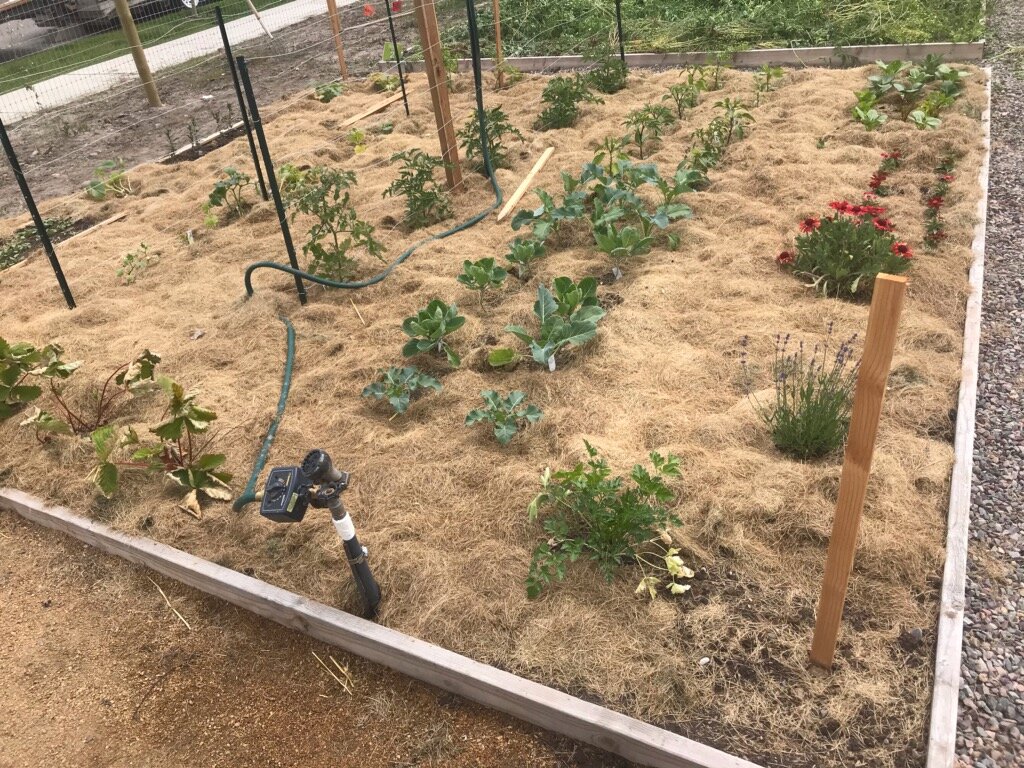
Post a Comment for "The Best Compost For Your Garden In "